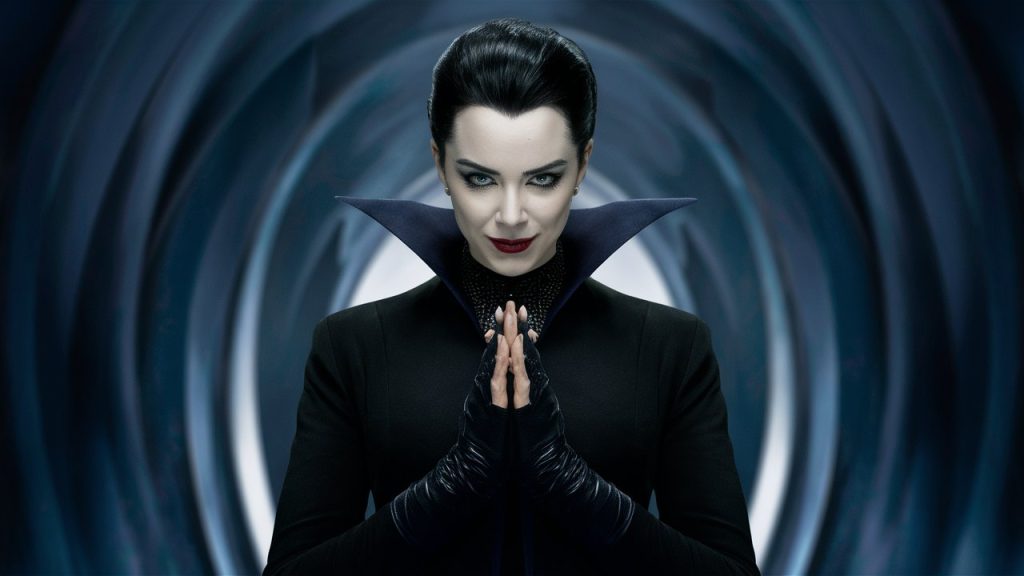Welcome to the complex realm where shades of gray blur the lines between good and evil. In this article, we delve deep into the phenomenon of embracing the role of the Rising Villain, exploring its intricacies and shedding light on the motivations behind such a transformation.
Understanding the Rise
The journey of becoming the Rising Villain often starts innocuously, with a series of events or circumstances pushing one towards a darker path. It could be a sense of injustice, betrayal, or simply a desire for power that fuels this transformation.
Unveiling the Motivation
What drives an individual to embrace their inner Rising Villain? Is it a quest for revenge, a longing for recognition, or a twisted sense of purpose? Understanding the underlying motivations is crucial in comprehending the allure of the antagonist.
The Evolution of Villainy
As society evolves, so too does the concept of Rising Villain. From classical archetypes to modern anti-heroes, the portrayal of villains in literature, cinema, and popular culture reflects the shifting values and norms of our time.
The Psychology Behind Being the Villain
Delving into the psyche of the antagonist reveals a myriad of complexities. From narcissism to sociopathy, various psychological factors contribute to the development and perpetuation of villainous behavior.
Recognizing the Signs
How can one recognize the signs of their descent into villainy? From subtle personality shifts to overt actions, being aware of the warning signals is the first step towards self-awareness and redemption.
Embracing Change
While the path of the Rising Villain may seem inevitable, it is never too late to change course. Embracing transformation and seeking redemption can lead to profound personal growth and enlightenment.
Overcoming the Villain Within
Confronting one’s inner demons is a daunting task, but not an insurmountable one. Through introspection, self-reflection, and seeking support, individuals can conquer the darkness within and emerge stronger than ever.
Impact on Society
The ripple effects of villainous actions extend far beyond the individual, impacting society as a whole. From inciting fear and chaos to inspiring change and resilience, Rising Villains play a pivotal role in shaping the collective consciousness.
The Redemption Arc
Every Rising Villain has the potential for redemption. Through acts of contrition, restitution, and genuine remorse, even the most nefarious characters can find redemption and reclaim their humanity.
Cultivating Empathy
Empathy lies at the heart of understanding the villain’s journey. By stepping into their shoes and seeing the world through their eyes, we gain insight into the complexities of human nature and the power of forgiveness.
Also Read: A&W Menu: Burgers, Fries & Frosty Dreams!
Navigating Morality
Morality is a subjective concept, shaped by culture, upbringing, and personal beliefs. As we navigate the moral landscape, it becomes evident that the line between hero and villain is often blurred, challenging us to question our preconceived notions of good and evil.
Conclusion
In conclusion, the journey of becoming the Rising Villain is a multifaceted exploration of the human condition. By unraveling its intricacies, we gain a deeper understanding of ourselves and our place in the world. So, embrace your inner villain, but remember, redemption is always within reach.
FAQs
The motivations vary, but common themes include a sense of injustice, desire for power, or a longing for recognition.
Yes, redemption is always possible through acts of contrition, restitution, and genuine remorse.
Rising Villain can incite fear and chaos, but they can also inspire change and resilience, shaping the collective consciousness.
Morality is indeed subjective, shaped by culture, upbringing, and personal beliefs, leading to blurred lines between hero and villain.
Awareness of subtle personality shifts and overt actions is key to recognizing one’s descent into villainy.
Empathy is crucial in understanding the complexities of the villain’s journey, allowing us to see the world through their eyes and cultivate forgiveness.
The motivations vary, but common themes include a sense of injustice, desire for power, or a longing for recognition.
Yes, redemption is always possible through acts of contrition, restitution, and genuine remorse.
Rising Villain can incite fear and chaos, but they can also inspire change and resilience, shaping the collective consciousness.
Morality is indeed subjective, shaped by culture, upbringing, and personal beliefs, leading to blurred lines between hero and villain.
Awareness of subtle personality shifts and overt actions is key to recognizing one’s descent into villainy.
Empathy is crucial in understanding the complexities of the villain’s journey, allowing us to see the world through their eyes and cultivate forgiveness.







